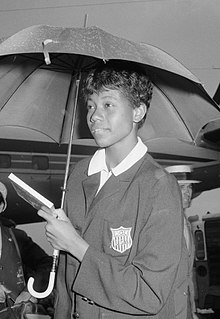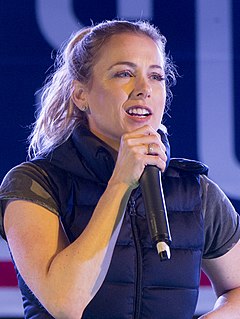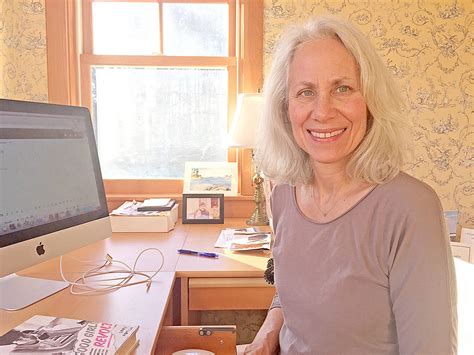A Quote by Debra Winger
In the early part of my life I carried the flame for fiery women: perky women who were not dumb.
Related Quotes
In the early fight for women's rights, the point was not that women were morally superior or better. The conversation was about the difference between men and women - power, privilege, voting rights, etc. Unfortunately, it quickly moved to the "women are better" argument. If this were true in life or in fiction, we wouldn't have any dark or deep characters. We wouldn't have any Salomes, Carmens, Ophelias. We wouldn't have any jealousy or passion.
The early feminists were pro-life. And really, abortion is a huge disservice to women, and it hasn't been presented that way. As Feminists for Life-what we're trying to do is support women, and so what we want to do is-reach women on campus-college campuses so that, when they get pregnant, they can find housing. They can find money they need to stay in school.
It just struck me as really odd that there were all of these conversations going on about what young women were up to. Were young women having too much sex? Were young women politically apathetic? Are young women socially engaged or not? And whenever these conversations were happening, they were mostly happening by older women and by older feminists. And maybe there would be a younger woman quoted every once in a while, but we weren't really a central part of that conversation. We weren't really being allowed to speak on our own behalf.
I know black women in Tennessee who have worked all their lives, from the time they were twelve years old to the day they died. These women don't listen to the women's liberation rhetoric because they know that it's nothing but a bunch of white women who had certain life-styles and who want to change those life-styles.
Women are taught that their main goal in life is to serve others--first men, and later, children. This prescription leads to enormous problems, for it is supposed to be carried out as if women did not have needs of their own, as if one could serve others without simultaneously attending to one's own interests and desires. Carried to its "perfection," it produces the martyr syndrome or the smothering wife and mother.
My own life values were shaped in great part by my mother, who instigated women's clubs in my village. Women were able to organize and stand together. What inspired me most about their work was the power it gave them to assert their rights and the rights of their daughters, be it education or property inheritance.
Since the 1950s (until the early 1990s), girls in Kabul and other cities attended schools. Half of university students were women, and women made up 40 percent of Afghanistan’s doctors, 70 percent of its teachers and 30 percent of its civil servants. A small number of women even held important political posts as members of Parliament and judges. Most women did not wear the burqa.




































